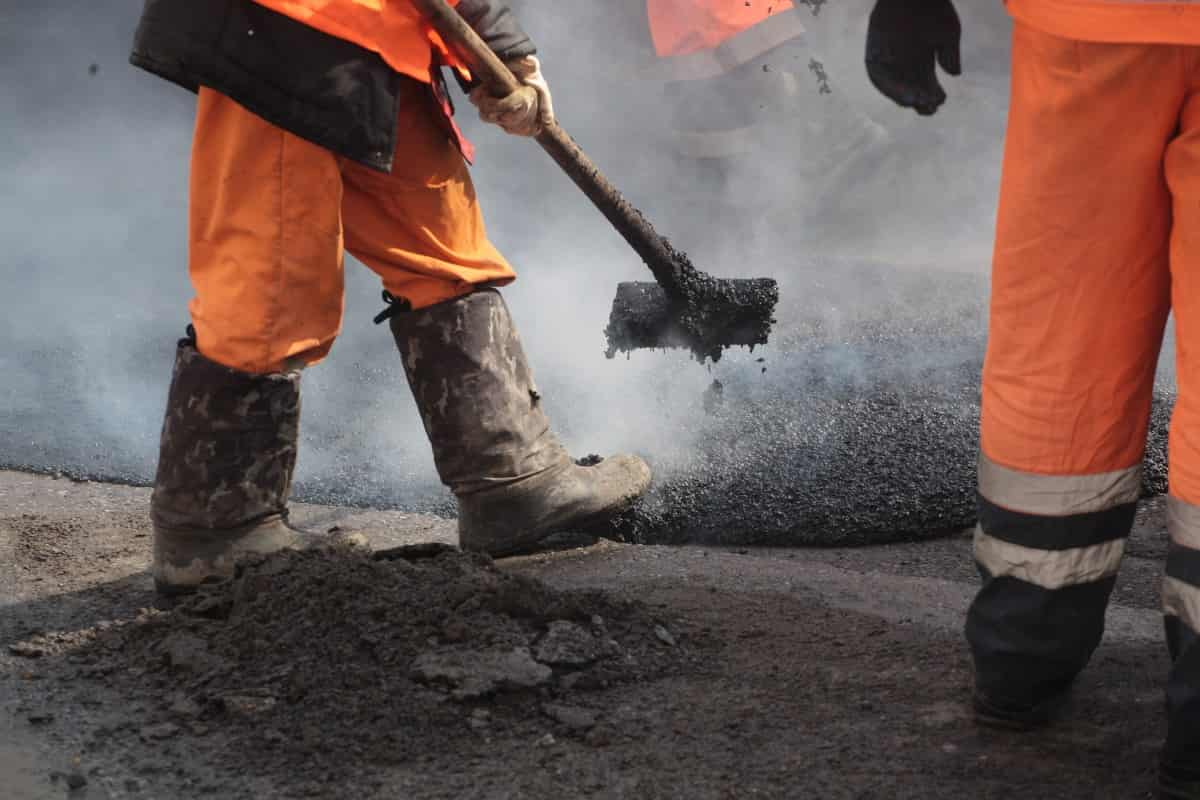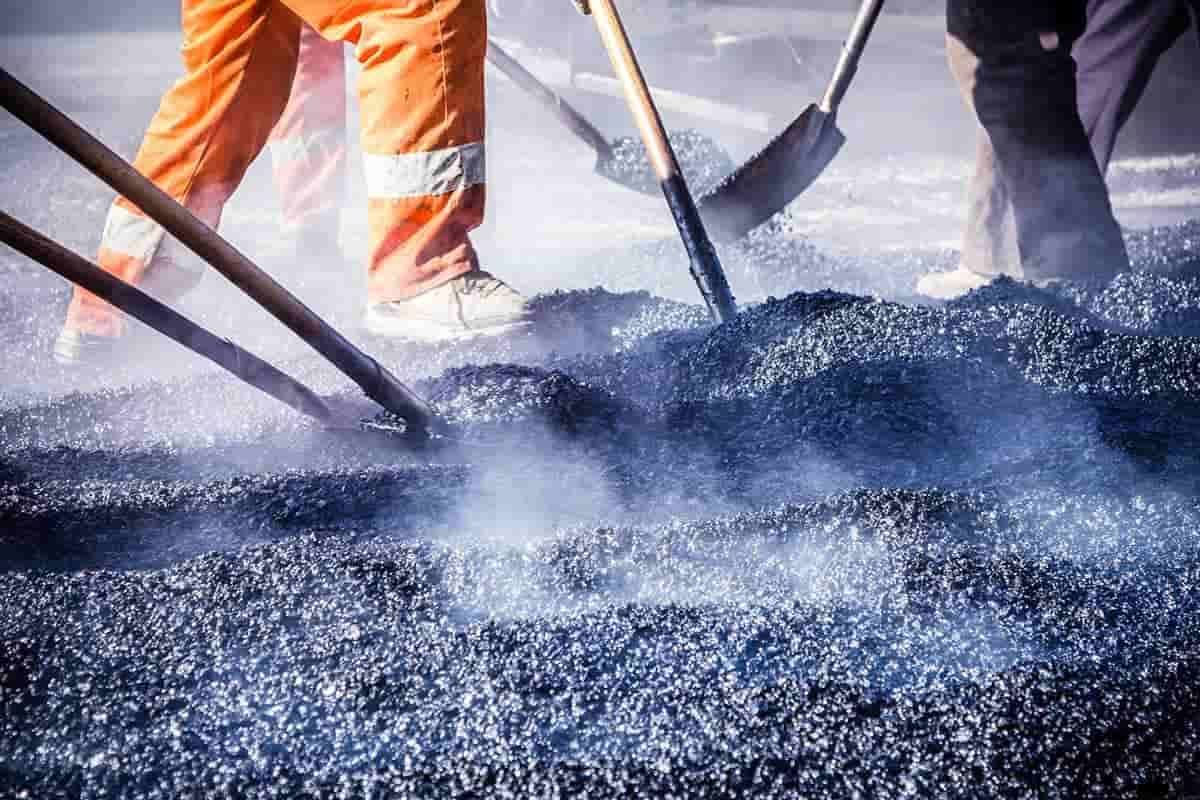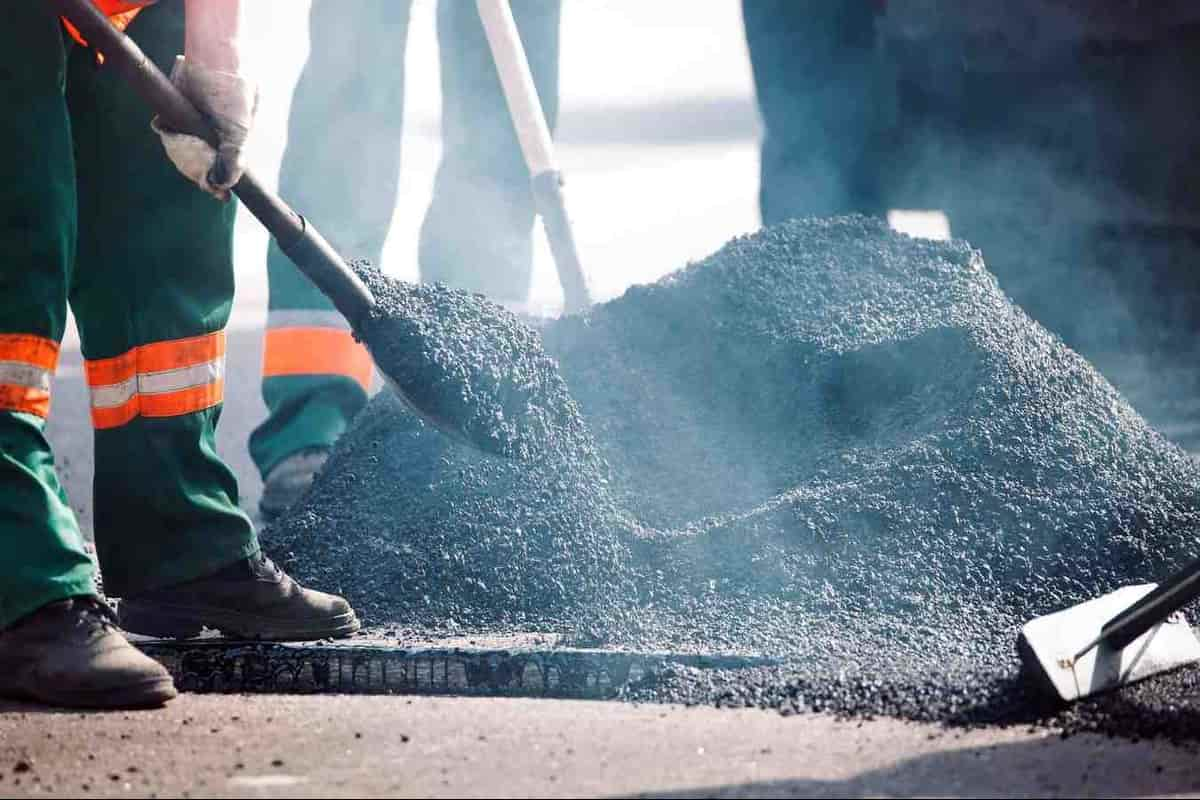Gilsonite is a natural mineral that is found in nature. This mineral is very brittle thus it easily turns into gilsonite powder.
Gilsonite powder uses
Gilsonite refers to a kind of hydrocarbon resin that naturally occurs. Due to its unique chemical and physical qualities, gilsonite is capable of enhancing the performance of a wide range of essential materials and applications. Gilsonite is a geologically fascinating and economically significant rock whose uses have developed through time in response to developments in technology and business requirements. Gilsonite is not only compatible with the vast majority of ingredients used in the paint, varnish, primer, mastic, enamel, and enamel industries, but it is also extremely resistant to acidic and basic substances. Moreover, gilsonite is comparable to the vast majority of minerals used in the enamel business. It is compatible with coating materials, petroleum resin and oil, mixtures of pitch and bitumen, and coating materials. Gilsonite in powder form is widely used in many industrial sectors. It is assumed that it is utilized in 160 different sectors. The main use of gilsonite powder is in road construction as a binding agent. Gilsonite adds extraordinary adhesion and binding to the asphalt mix. It is also used in primers which are used prior to the paving. Gilsonite is also used in roofing, the paint, ink, and adhesives industries, foundry sand additives, drilling fluid enhancing agent, etc. Gilsonite partially melts or deforms when coupled with water- and oil-based drilling fluids, therefore closing off micro-fractures in the rock and covering the interior of the wellbore with a solid filter cake that prevents fluid loss. Furthermore, Gilsonite's high nitrogen concentration boosts the material's adhesion and stability against UV light. This substance is primarily used to coat outside surfaces and to make metal constructions resistant to acids. It is also used to coat automotive chassis. The first wet carbon agent in black inks for newspapers and magazines was gilsonite. Natural bitumen surpasses any other carbon additive you might use for delicate and precious iron castings. Because of its inherent superior properties, gilsonite castings are of higher quality, with better polish and fewer flaws. 
Gilsonite powder suppliers
Gilsonite is produced from the mine as coarse stones (Lumps), however, it must first be treated into powder before it can be utilized for any application. When the proper technology and powder generator are available, it is feasible to produce a homogenous powder product in a range of mesh sizes, from 20 to 200, that is often utilized in a number of industries. to be more specific, Gilsonite is classified as a hydrocarbon and contains molecules of asphaltenes and maltenes as well as trace quantities of carbon, nitrogen, oxygen, and sulfur. Natural bitumen becomes a dark gray powder when transformed into gilsonite. Bitumen is a dark brown color when left in its natural condition. There are many suppliers of gilsonite around the world but being a supplier is not enough. In order to make sure that you are purchasing the best quality of Gilsonite, you must purchase it from countries that have Gilsonite mines. The most famous country is America. Gilsonite was originally found in Utah in the USA. Therefore, it’s the biggest and most famous gilsonite supplier in the world. However, there are many other countries to supply gilsonite from. Colombia, Turkey, Iran, Iraq, Malaysia, and Australia are among the biggest suppliers of Gilsonite. They are not only among the suppliers but also manufacturers of gilsonite directly from the mine as they all have gilsonite mines. Having access to the mine directly also allows the suppliers to offer Gilsonite at a better price range and you can ensure that the quality is reliable. These countries normally have local trading companies, so its important to have information on the mines’ location. However, there are many countries that have utilized the technology and internet as a platform to offer their products globally and to a wider audience and customers. When purchasing from these companies, you can request specification sheets and samples to make sure the quality is as you have demanded. 
Gilsonite powder price
Gilsonite powder price depends on many variables. From the origin to the weather condition and packaging, all play their distinct role in determining the gilsonite price. The first variable is the origin. Some origins are normally higher in price than others. For instance, American gilsonite has the highest price and is among the highest qualities. But there are importers and customers that request the highest quality but can’t afford the price. There are other countries that can compete in this case in the market. The lower price of these suppliers is not a sign of low quality but rather they have other variables that affect the price such as lower labor wage, more suitable operation costs, and packaging. The weather plays an important part in the gilsonite price. As Gilsonite is extracted from mines, environmental adversities can affect the mine condition. In some areas and regions, the Gilsonite mines are completely out of reach in colder seasons. Therefore, the prices may rise. The specification is another effective factor. Gilsonite comes in different specifications such as ash content, mesh size, specific gravity, solubility, etc. Variations in these specifications lead to price alterations. Gilsonite is offered in different ash content from 5 to 25 percent and mesh size from 30 to 400 microns. 30 to 40 mesh is granulated gilsonite and 80 to 400 is considered as micronized powder. Gilsonite powdering process needs specific equipment and procedures depending on the intended size. Thus, the price varies depending on the mesh size. Gilsonite ash content is the amount of impurities in its composition and is classified from the lowest which is 5 percent to the highest which is 25 percent. Gilsonite is then used in different industries according to the ash content. This value is not normally considered in road construction but ash content is highly important in more delicate sectors such as foundry sand and printing inks. 
